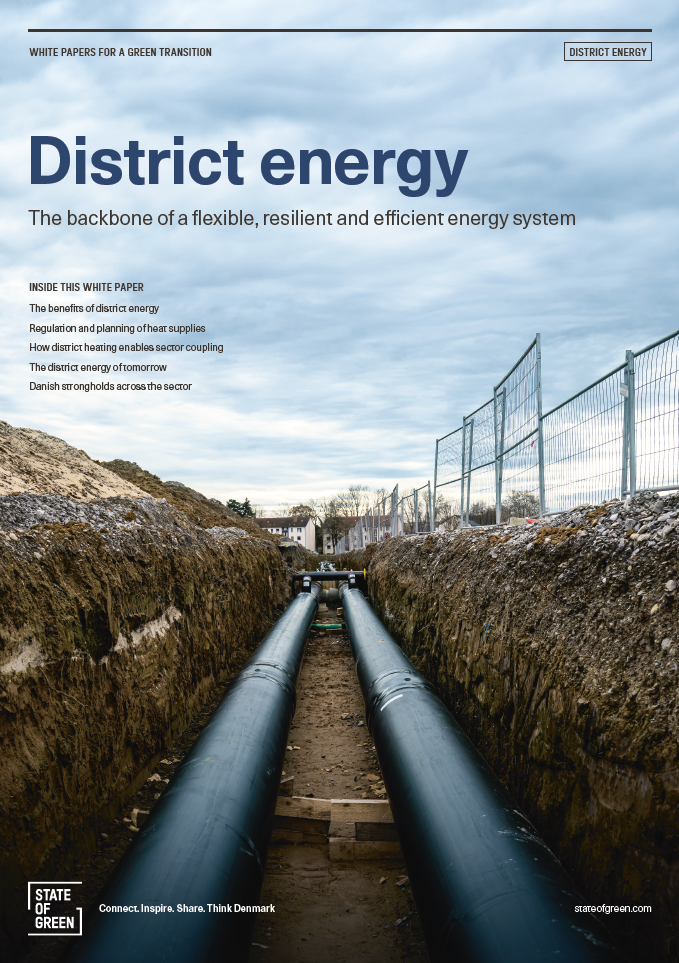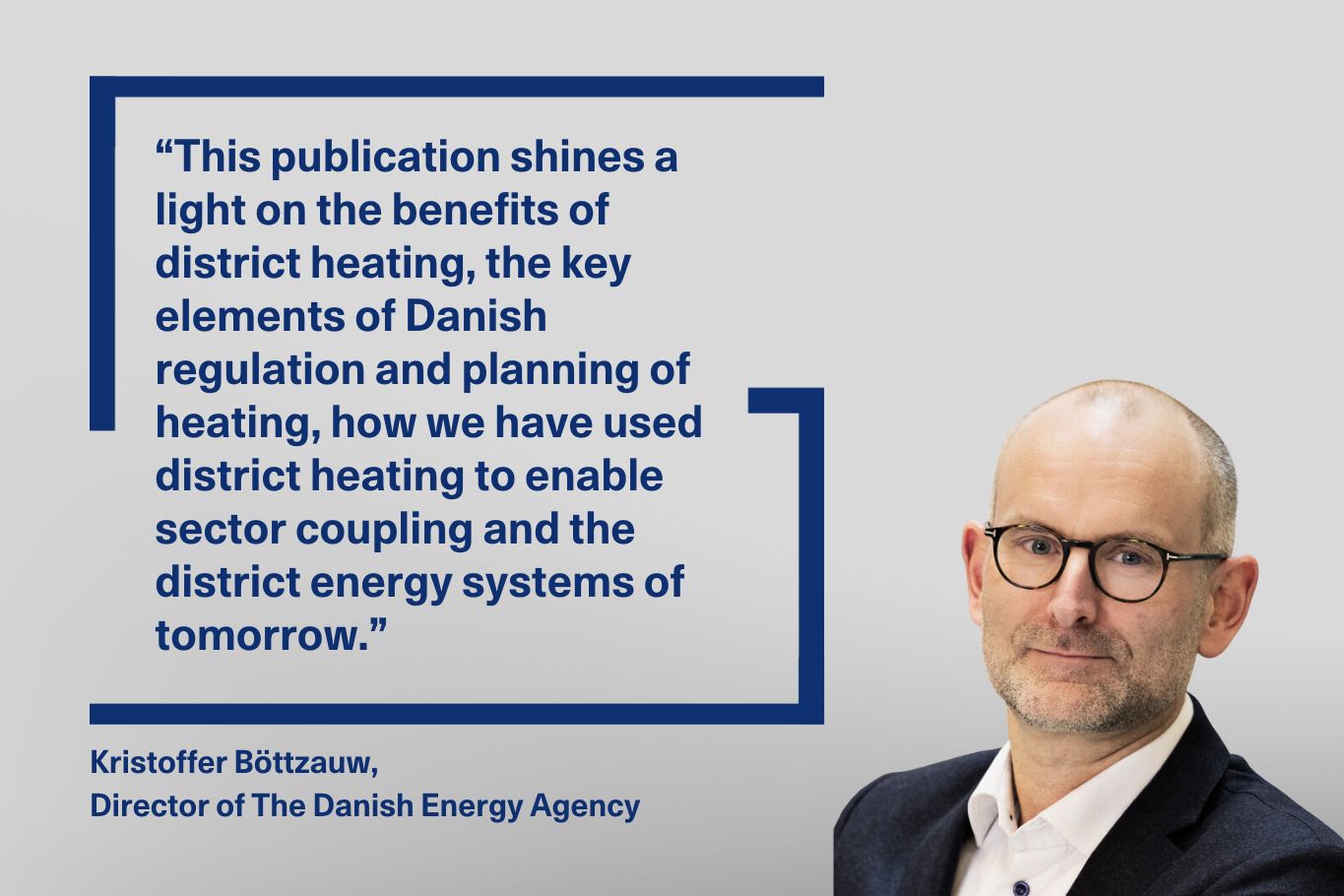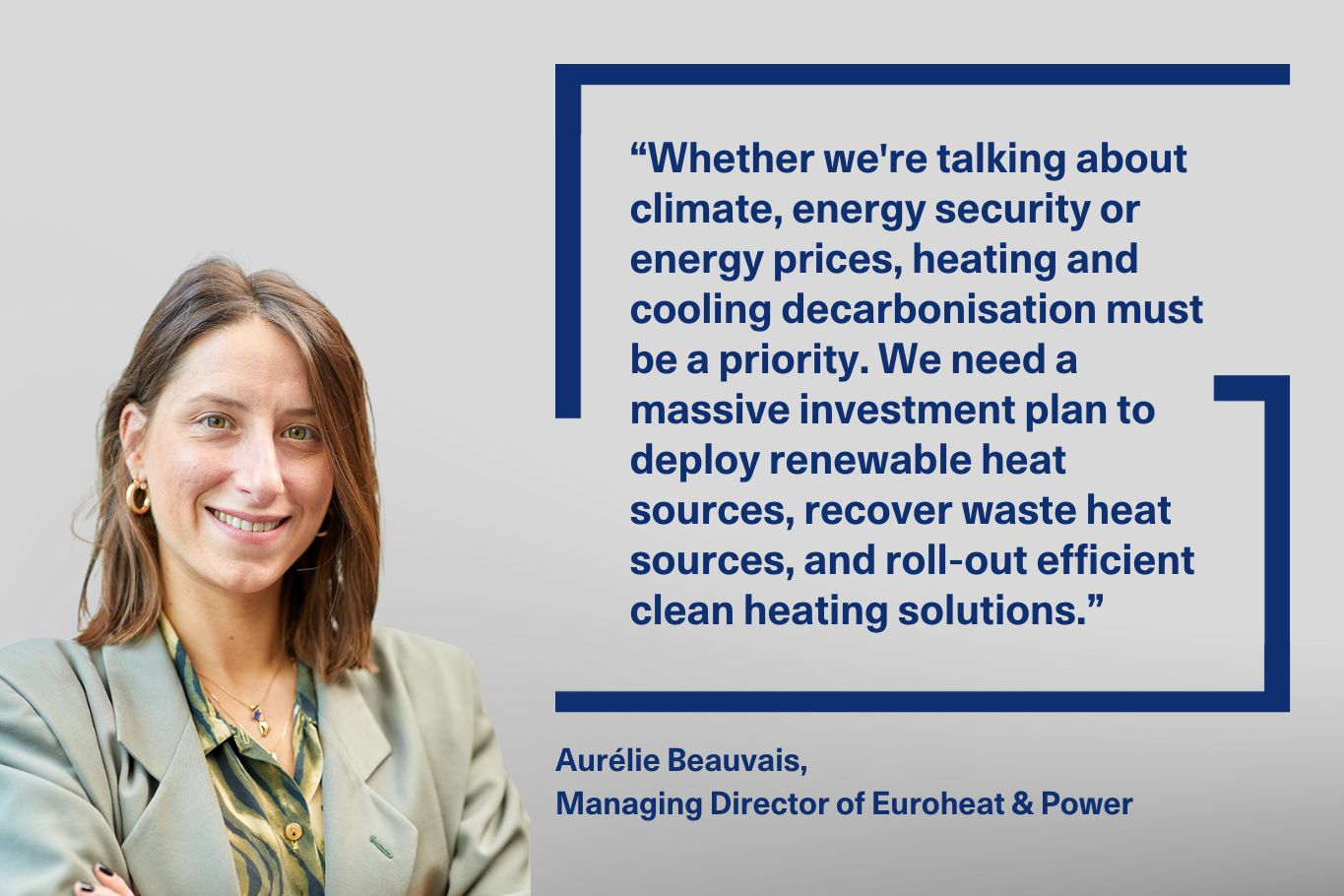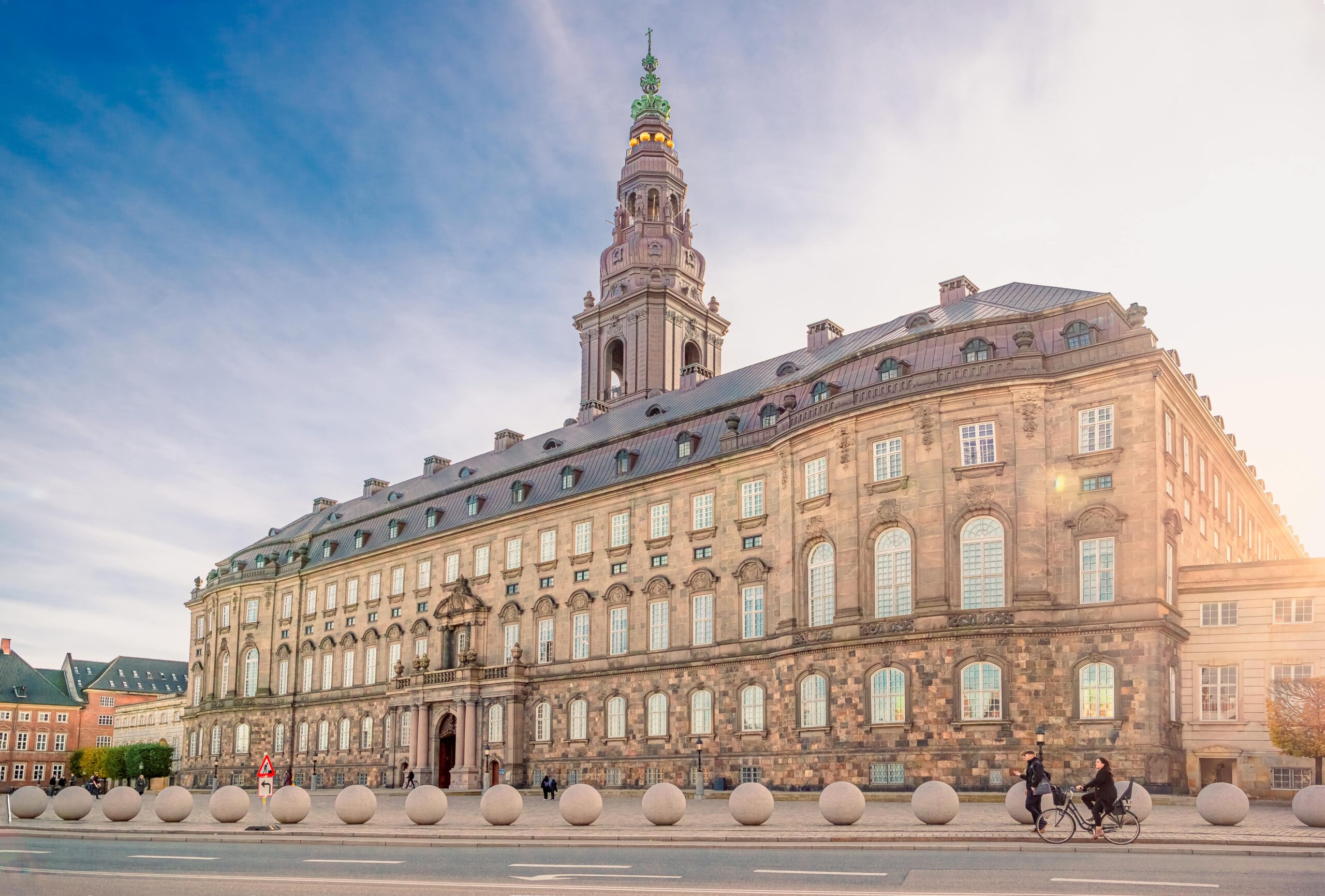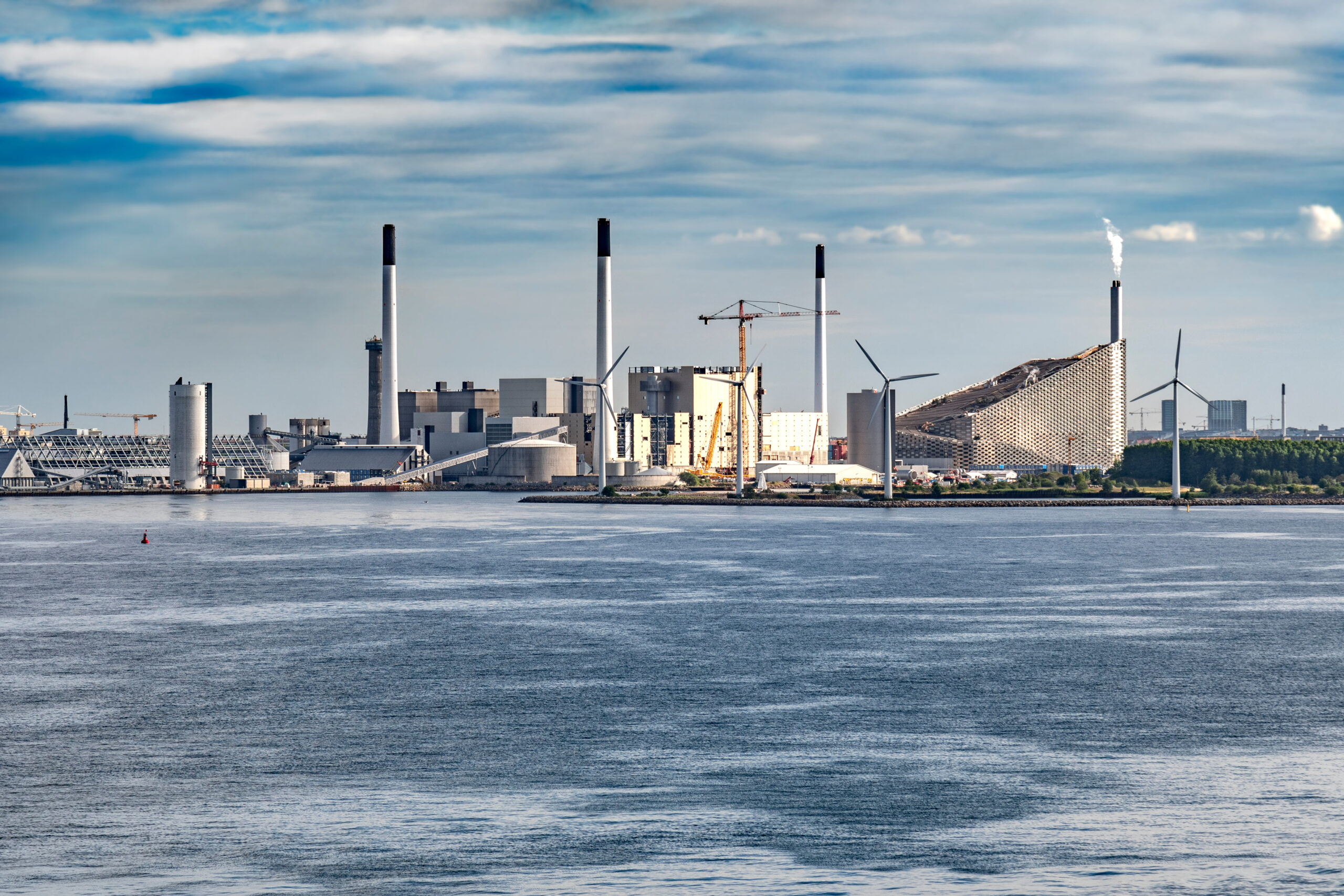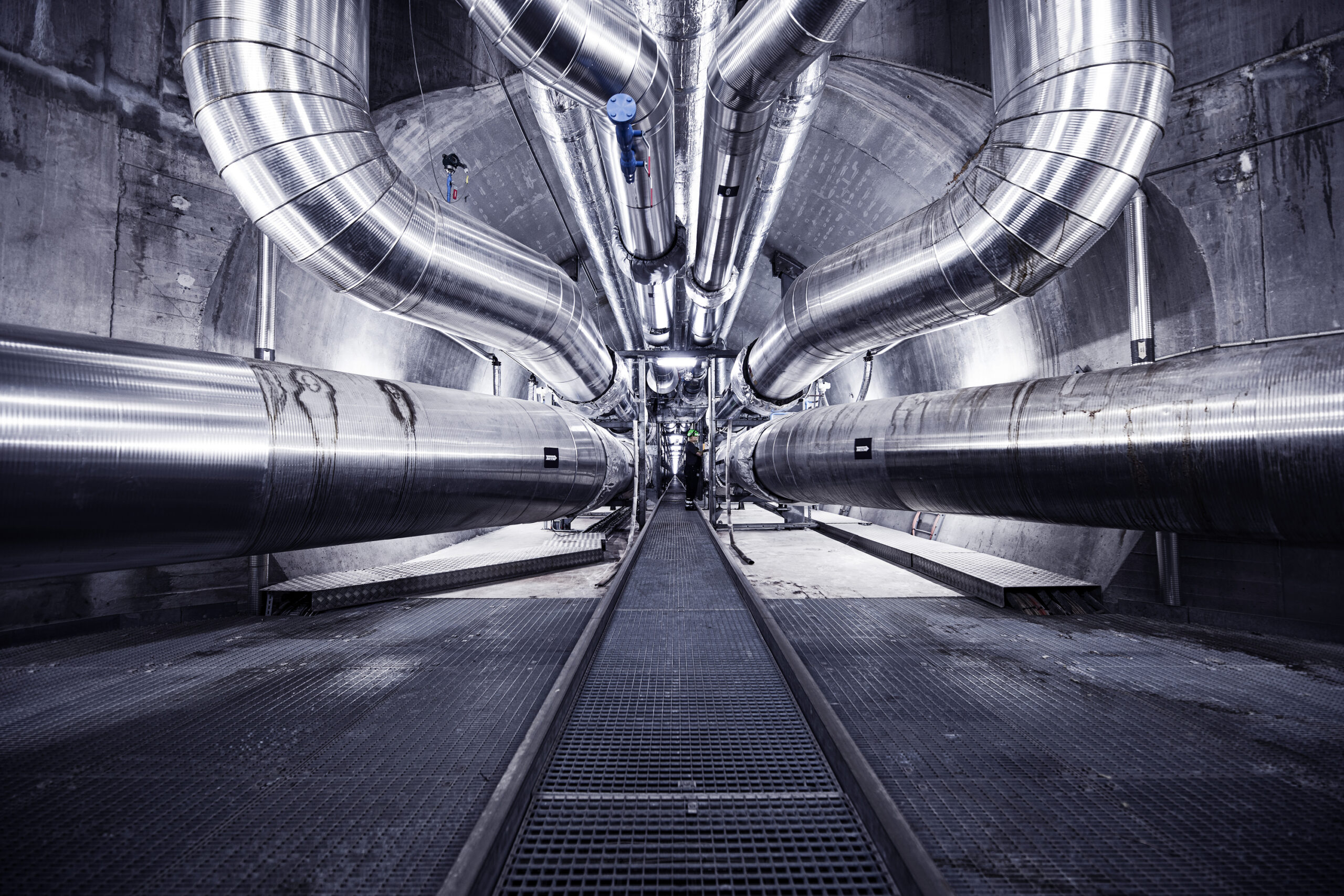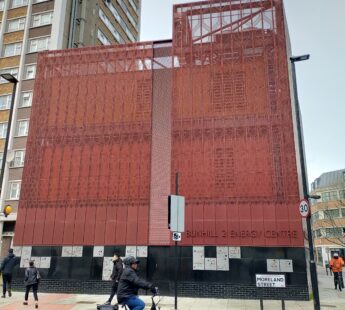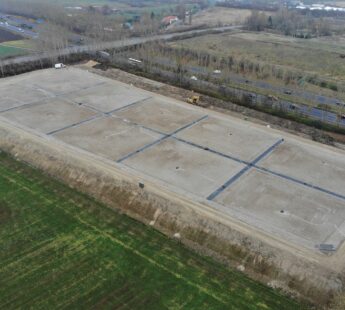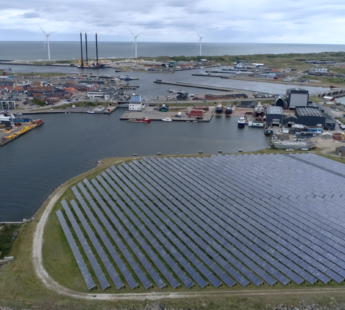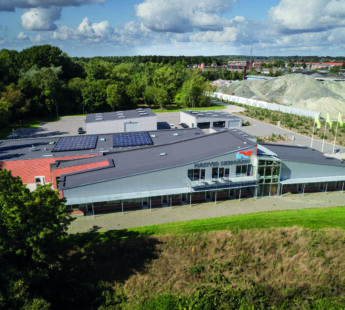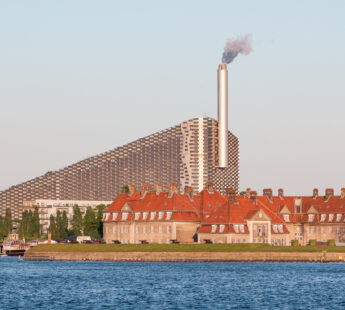District energy
The energy system of tomorrow calls for solutions that are green, flexible, resilient and socioeconomically feasible. Few solutions embody these qualities as well as district heating and cooling. And while power often takes the spotlight in the green transition discourse, it has perhaps never been more fitting to put our heat supplies centre stage. Heat comprises half of the world’s total energy consumption and accounts for more than 40 percent of global energy-related CO2 emissions. All the while, the global demand for sustainable heating and cooling is rapidly increasing as the effects of climate change are unfolding, populations are growing and incomes are rising.
District energy is an efficient and sustainable way to provide heating and cooling to communities. By sourcing energy from central locations and distributing it through pipelines to residential, commercial, and industrial buildings, district heating and cooling offers significant economic, environmental, and social benefits. Unlike individual solutions that rely on specific fuels like oil or gas, district energy is fuel-flexible, allowing a quick switch to more affordable or greener energy sources, such as surplus electricity from renewables. This flexibility both increases energy security and supports the green transition. Equipped with smart energy management tools, district heating systems optimise energy use, reduce heat loss, and lower consumer energy bills. As we move towards a more resilient and sustainable energy future, district heating offers a versatile solution that can serve as the backbone of tomorrow’s communities.
This white paper unpacks district energy as a key solution in a futureproof energy system. With more than 100 years of experience in district heating, Denmark is a showcase for how district heating can provide cost-effective, energy efficient and resilient heating. From governance tools to technical solutions, this white paper presents the case for recognising district energy’s immense potential in the green transition of our societies.
